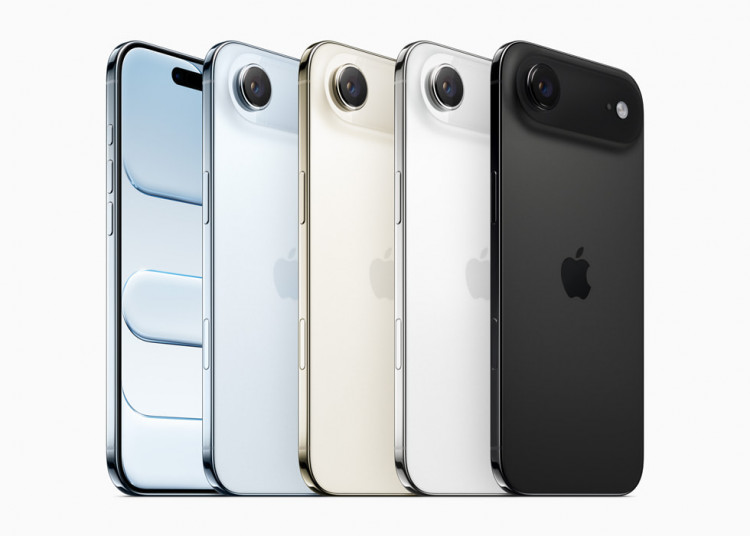Apple secured a dominant position in China's Singles' Day shopping festival, capturing 26% of all smartphone sales and outpacing domestic rivals Huawei and Xiaomi during the country's most critical retail event of the year, according to new data from Counterpoint. The iPhone 17 series delivered one of Apple's strongest China performances in recent years, helping lift overall smartphone sales by 3% during the festival even as consumers showed reluctance to spend across other electronics categories.
The strong results underscore Apple's sustained brand pull in a market where economic pressure-from a prolonged property downturn to weakening income expectations-has tempered discretionary spending. Counterpoint noted that without Apple's contribution, smartphone sales during the Singles' Day event would have fallen by 5%, saying the broader market had been "drained of momentum."
The 2025 Singles' Day shopping period concluded on November 11 with total sales across all platforms reaching 1.70 trillion yuan, up from 1.44 trillion yuan the previous year. Yet despite the growth, analysts said enthusiasm was muted, with consumers opting for essential goods and proven brands rather than experimental upgrades.
Apple's outperformance came as domestic manufacturers struggled to convert promotional traffic into sales. Huawei recorded a particularly sharp decline, with its share dropping from 17% to 13%, a setback analysts attributed partly to the late arrival of its flagship Mate 80, which missed the key discount window. Xiaomi held a 17% share but also experienced a year-over-year drop in unit sales after launching the Xiaomi 17 range ahead of the shopping season.
Bloomberg reported that iPhone 17 sales grew more than 10% year over year in both the U.S. market and China, reinforcing signs that Apple's latest lineup-including the ultra-thin iPhone Air-has succeeded in coaxing consumers into upgrades amid economic uncertainty. Long queues at Apple stores in major Chinese cities highlighted the scale of demand, with many buyers opting for replacement cycles after holding onto older devices for longer.
The breadth of Apple's lineup was central to its performance. The four-model iPhone 17 family allowed the company to target consumers across multiple price tiers while promoting its premium devices as long-term investments. Analysts said that positioning resonated strongly with Chinese consumers prioritizing durability and software support over short-term discounts.
For domestic smartphone producers, the Singles' Day results reinforced challenges that extend beyond one shopping cycle. Huawei's shortfall revived questions about inventory timing and the viability of its flagship-driven strategy, while Xiaomi's early release schedule may force the brand to recalibrate its product timing to better align with China's major retail events.





